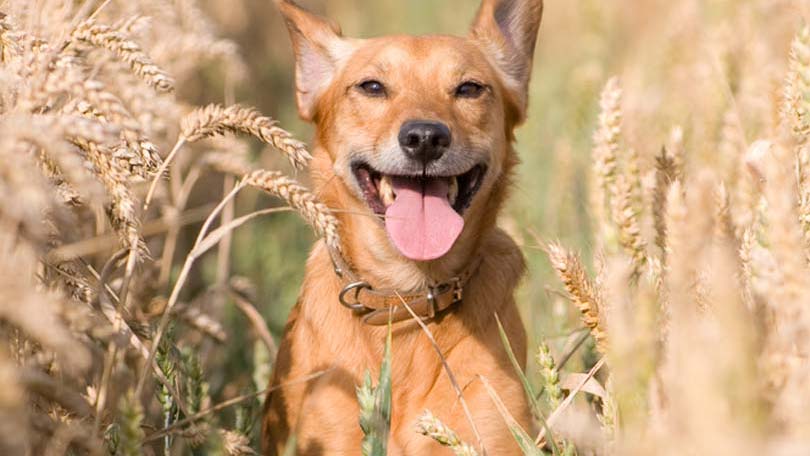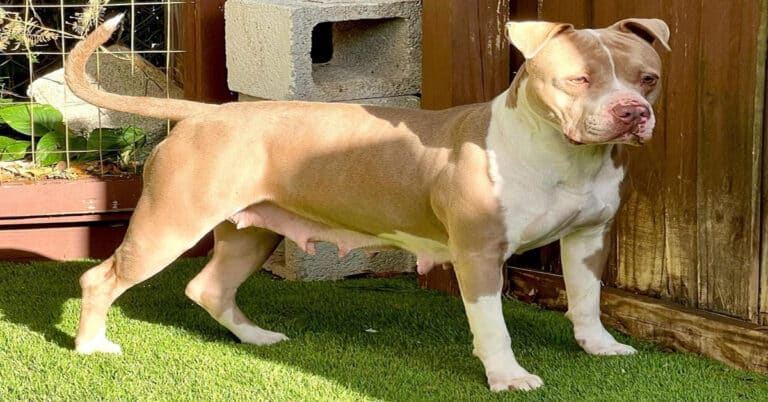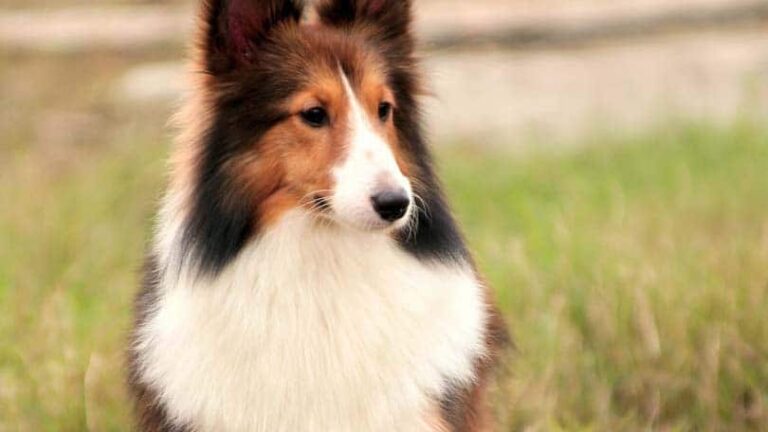Howling Dogs – Can They Be Stopped?
You say excitedly “Sing, Fido, sing!” and your dog breaks out into a melodious howl. Unfortunately, this also backfires because when you do start to sing, so does your dog. Why do dogs howl? And why do some dogs never howl?
Howling dogs are not uncommon – most dogs howl for one reason or another. It can be a form of communication, a sign of unification, or a sign of loneliness and anxiety.
Why Do Wolves Howl?
If you are alone in the woods, the eerie wolf howl is enough to make the hairs on the back of your neck stand up. As the pack ‘sings’, individual voices can be heard and the range of vocalizations runs the gamut from yips, yipes, and short staccato notes to long, crisp notes that put an opera singer to shame. But all of these sounds have a purpose – they travel farther than any other sound made by wolves.
Wolves howl to communicate both with their own pack as well as other wolves within earshot. If a pack becomes separated, howling will alert each other to an exact position so they can reunite. Wolves will also howl to let other packs know where they are so that they will avoid their territory. Each howl is individual to the animal, both to canine ears as well as the human ear. If the wrong pack answers the howl, the calling wolf knows not to go in that direction.
Wolves also use howling as a morning ‘roll call’. The leader will start up the call and every member of the pack joins in. Researchers do not know for sure why wolves perform this morning roll call but believe it is to reinforce the pack mentality.
Why Do Dogs Howl?
The domesticated dog is not much different then his wild cousins. Often one dog will start the howl and others join in. Other times it is not between two dogs but instead the dog begins to howl when their owner sings or plays an instrument within the same range. It is a part of feeling united with their pack.
Howling is also somewhat breed specific. Pack orientated breeds such as Malamutes and Huskies are famous for their wolf-like choruses and most scent-hound breeds such as Bassett Hounds and Bloodhounds will howl when they find a scent. Picture a pack of Fox Hounds on the hunt – as soon as one catches a scent, he howls to let the rest know of his find and they all join in, following the howling dog.
Dogs also howl out of boredom and loneliness. If your neighbor is complaining about your dog howling, you may want to start exercising him more, leaving him with more toys or a variety of toys when you go to work, and bringing him inside to spend time with you and the family.
There is also a theory that dogs howl in an attempt to reconnect with their human when they are apart. This is common in older dogs as may feel the loneliness more acutely then when they were younger.
How Do You Stop Problem Howling?
It is difficult to retrain a dog that has learned to howl as the majority of the time, you are not home to stop the behavior. Unlike problem barking where a citronella collar can be used, there is no way to remotely stop a dog from howling. Part of it is boredom and increasing the amount of exercise and ‘human time’ the dogs gets each day will make a big difference. Bringing him inside the house at night or while you are at work will keep him from disturbing the neighbors.
Crate training a dog can help with howling as it gives the dog a safe place to rest, often lessening the anxiety of being alone. Leaving a radio or television on can help with howling as the sound will comfort the howler and leaving him with a chew or a Kong filled with peanut butter gives him something to do as a distraction.
Howling dogs do not have to be the end of the world – it is a simple and easy problem to correct most of the time. If these simple suggestions do not work, contact an animal behaviorist in your area for more help in curtailing the problem behavior.

Having discovered a fondness for insects while pursuing her degree in Biology, Randi Jones was quite bugged to know that people usually dismissed these little creatures as “creepy-crawlies”.







